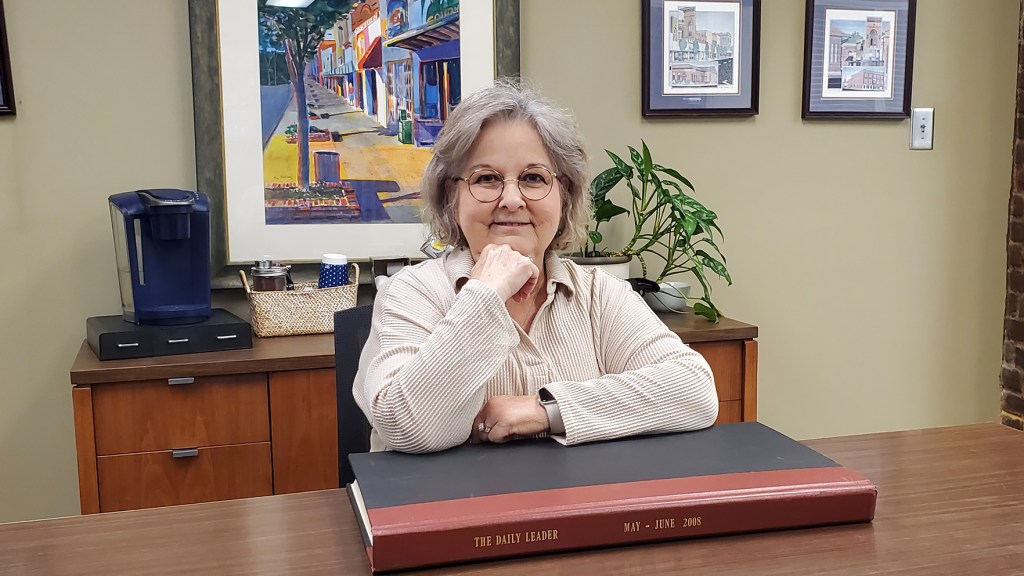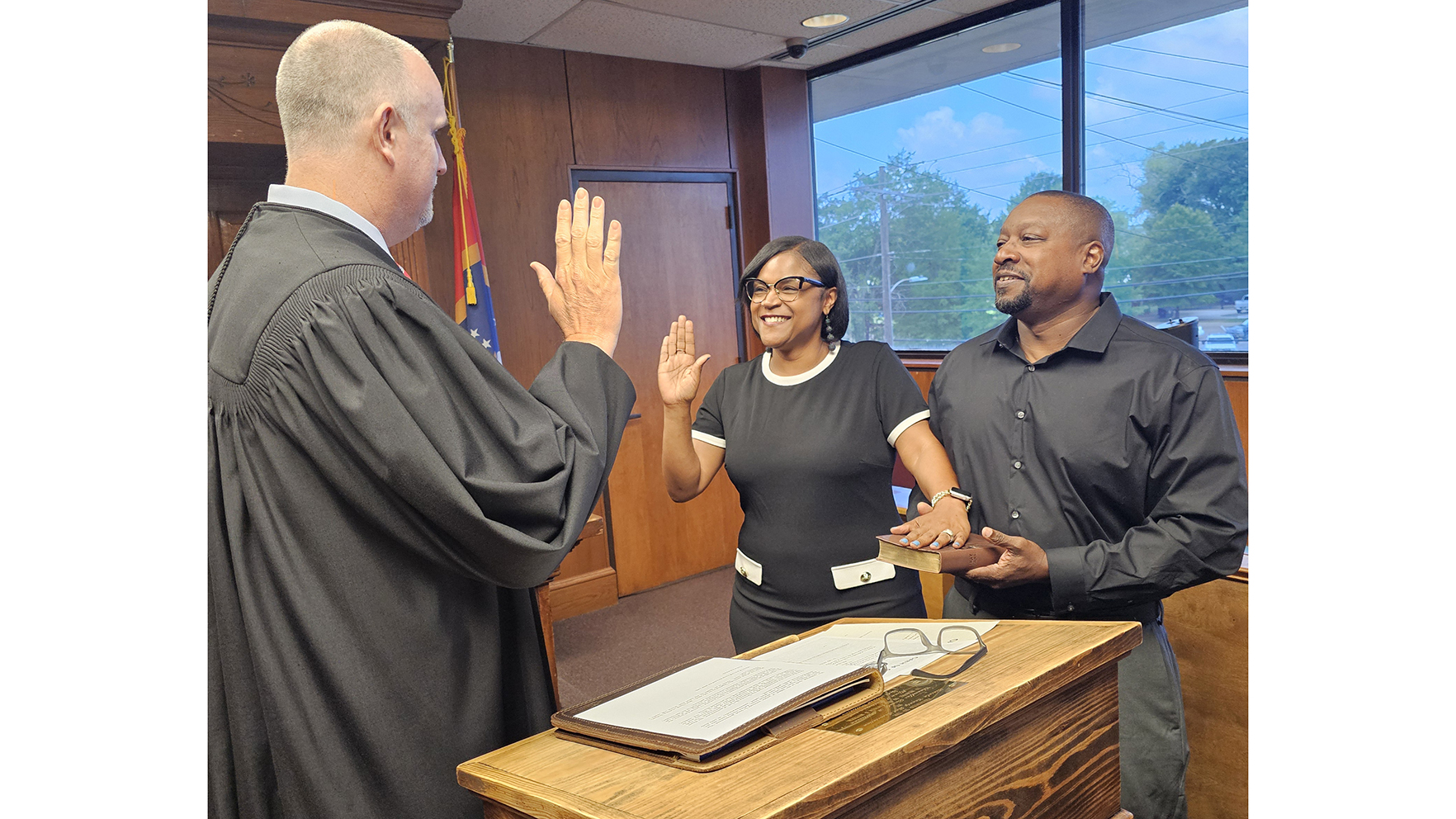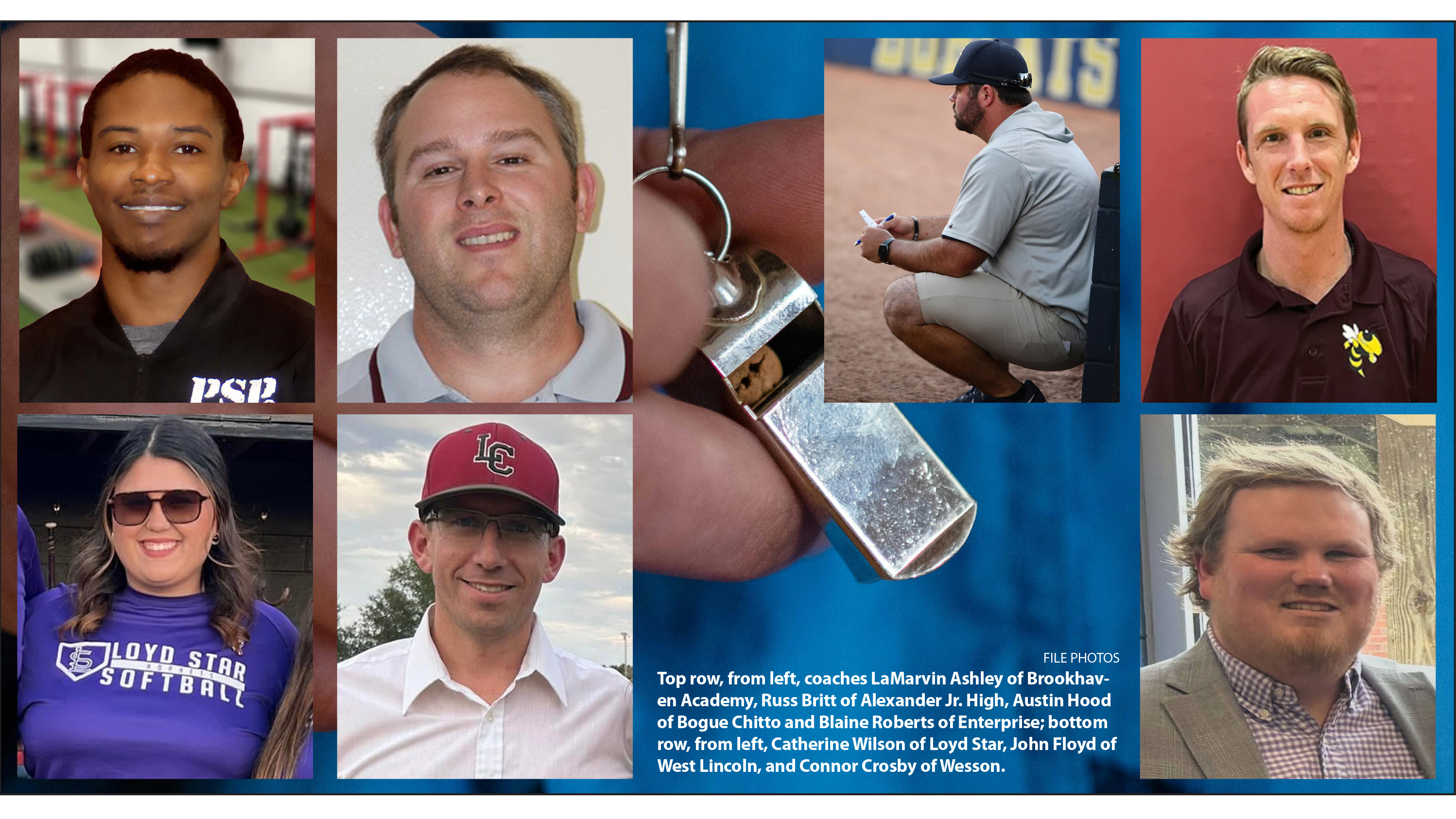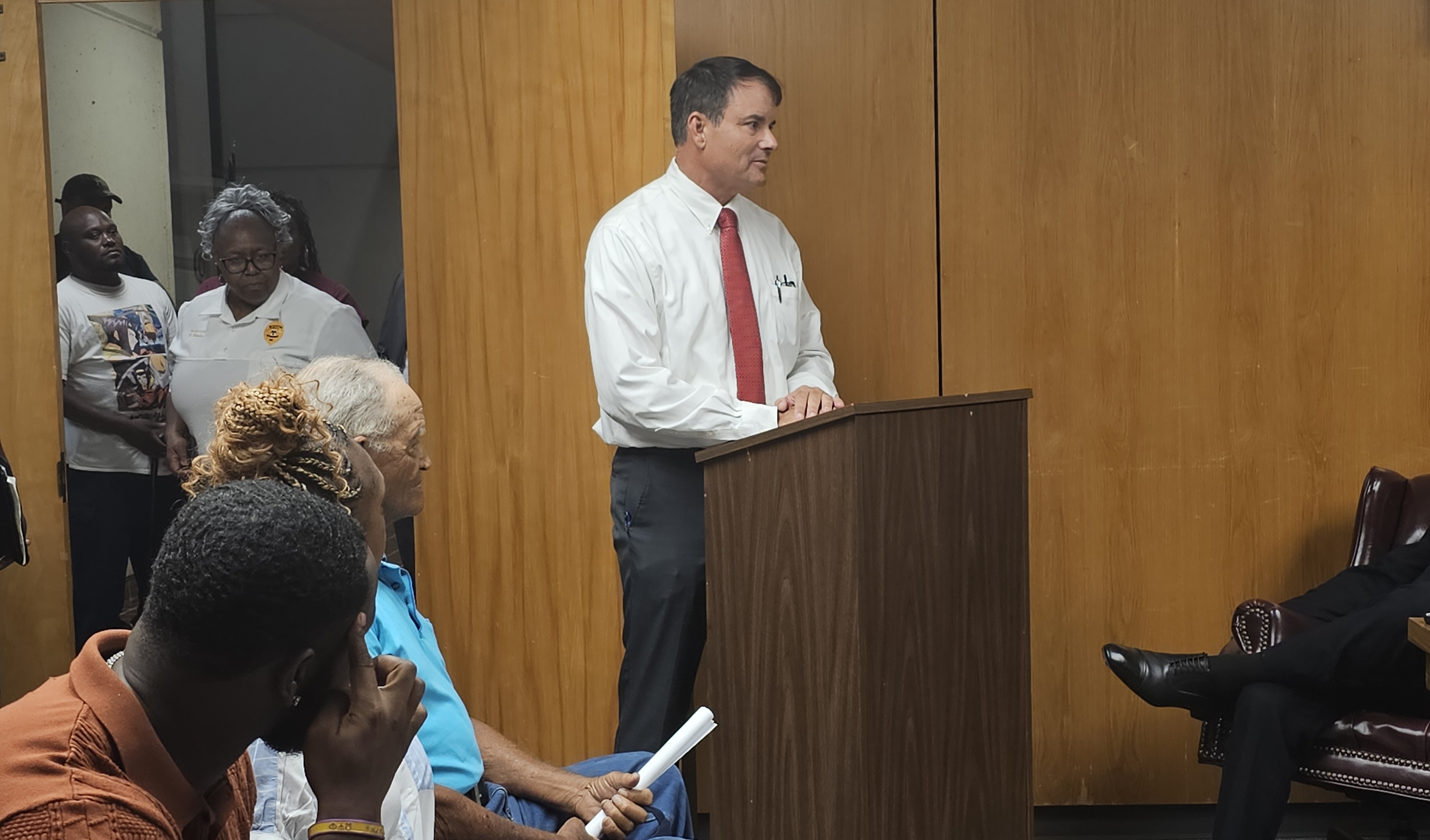Cancer ‘does not define me’ — Retired teacher says God will help you fight
Published 2:48 pm Friday, October 6, 2023

- PHOTO BY BRETT CAMPBELL Jennifer J. Whittier
Jennifer Whittier received her first cancer diagnosis in 1999. Ten years later, she got her second. Both were for breast cancer. Three months ago, she received her third cancer diagnosis, this time for skin cancer.
The first diagnosis came when Whittier was teaching at Brookhaven High School.
“Those memories never go away,” Whittier said. “The first time you hear it, it’s like a punch in the gut. Even though I really knew it.”
While on vacation, she found a small lump in her breast. Just two months later, it had grown to the size of a lemon.
“In a panic, I found a surgeon in the Yellow Pages and called him. He wanted to see me that day,” Whittier said.
So she went to his office at St. Dominic’s in Jackson. Though the doctor was upbeat and encouraging, she could tell by the look on his face that he was concerned. She had a biopsy the very next morning.
“He said, ‘It’s malignant, and it’s large, but I think we can get it all,’ he told me,” Whittier said. “It seemed to be hormonal and encapsulated, and hadn’t spread. So the next day, I had my first mastectomy.”
She was saddened and angry about the cancer.
“The first thing I thought about was my girls — they were teenagers and I wanted to be there for them, and be there for my husband,” she said. “And I had classes to teach, and a life to live. How dare this come into my world!”
But Whittier was not scared.
“God gave me a strength. Boy, did I pray. I’m a firm believer in prayer, and a lot of other people prayed for me,” she said.
Tests on lymph nodes showed the cancer had not metastasized. The entire tumor had been removed, so she did not have to have radiation or traditional chemotherapy. Instead, she took an oral chemo, tamoxifen, daily for five years.
“It’s the pill from hell,” Whittier said. “The side effects are tough: extreme hot flashes, bloating and weight gain, fatigue … and I knew I had five years to take that.”
She also opted not to have reconstructive surgery. A close friend had chosen to have it after her mastectomy and it did not turn out well.
“She advised against it. Being a rookie at this, I took her advice, and I’m glad I did.”
This does not define me
Whittier had not looked at the surgery site at all until after she was able to get up on her own and take care of herself. She looked in the mirror for the first time and fell to her knees.
“All I could see were scars — deep scars,” Whittier said. “But at that moment I thought, ‘This does not define me. I’m going to make a powerful change in my attitude,’ and the scars really became strength for me. It became easier and easier to look at them, and when I did they gave me strength.”
But it was a while before she could talk about any of it. Every time October came around with its pink ribbons and balloons and cutesy sayings meant to spur people to remember breast cancer awareness, Whittier saw it all as reminders of the worst thing that had ever happened to her.
“I very gradually came to grips with it, and realized that by not sharing, I was avoiding helping other people,” she said. “Because I wasn’t the only one who looked in a mirror and saw the same thing.”
She saw a picture of a crescent moon online, with words that struck her and stuck with her: “And the moon said to me — My darling, you do not have to be whole in order to shine.’” It became her mantra — something she would cling to, along with her family, friends, church, and God.
When her second diagnosis came, she was teaching at Brookhaven Academy. At a checkup, her doctor found a very small lump. She had options — a lumpectomy, radiation, chemo — but she chose another mastectomy because “I wanted to be rid of it, almost like taking a broom and sweeping trash out of the room.”
She refused to be beaten by it. “Cancer, I fought you twice and I beat you twice.”
Fighting the enemy
“Now people share more about cancer, and share their feelings more,” Whittier said. “I think that’s wonderful if you can help one person get over that hill and feel the strength from the scars.”
The one specific piece of advice Whittier said she would give to someone who gets breast cancer is this — “It’s a battle you can fight, and you have to fight it. It’s an enemy. It’s an intrusion into your life, mentally, physically, emotionally, socially. It changes you. But you have a choice. You can let it hold you down or let it help you rise above it.”
The only way to fight effectively is to rely on God, Whittier said. Lean on family, friends, faith and lots of prayer.
“If you cling to all that, there’s really no way it can get you down,” she said.
Survival is a blessing, but so is ultimate healing for those who die and go to that better place with God, Whittier said. What breaks her heart is the struggle for the family members who are left behind.
“I’m sure they wonder what different or what more they could have done, but it’s a moot point,” she said. “Cancer is an odd bird. It attacks in so many ways you can’t expect and are not ready for.”
But Whittier’s experiences have made her more compassionate and more observant, and she’s grateful for both.
Extremely satisfying
Whittier was on her way Thursday morning to get her 18th of 20 radiation treatments for skin cancer.
“It’s not melanoma. The doctor caught it and sent me directly to local people who can work with skin cancer,” said Whittier. “I had the option of surgery, but opted for radiation. It hurts, like a terrible sunburn on my arm and my shoulder, and it’s extremely dry.”
But this experience is a different one for Whittier — not just because of the type of cancer, but also because of what she can see now that she couldn’t see before.
“On the sonogram, I can see new cells taking over the bad cells. It’s amazing, like a transition, almost like good overcoming evil,” she said. “I didn’t get to see the changes my body made with breast cancer, but I’m getting to watch the progress of the good cells taking over the cancer cells. That is extremely satisfying.”





